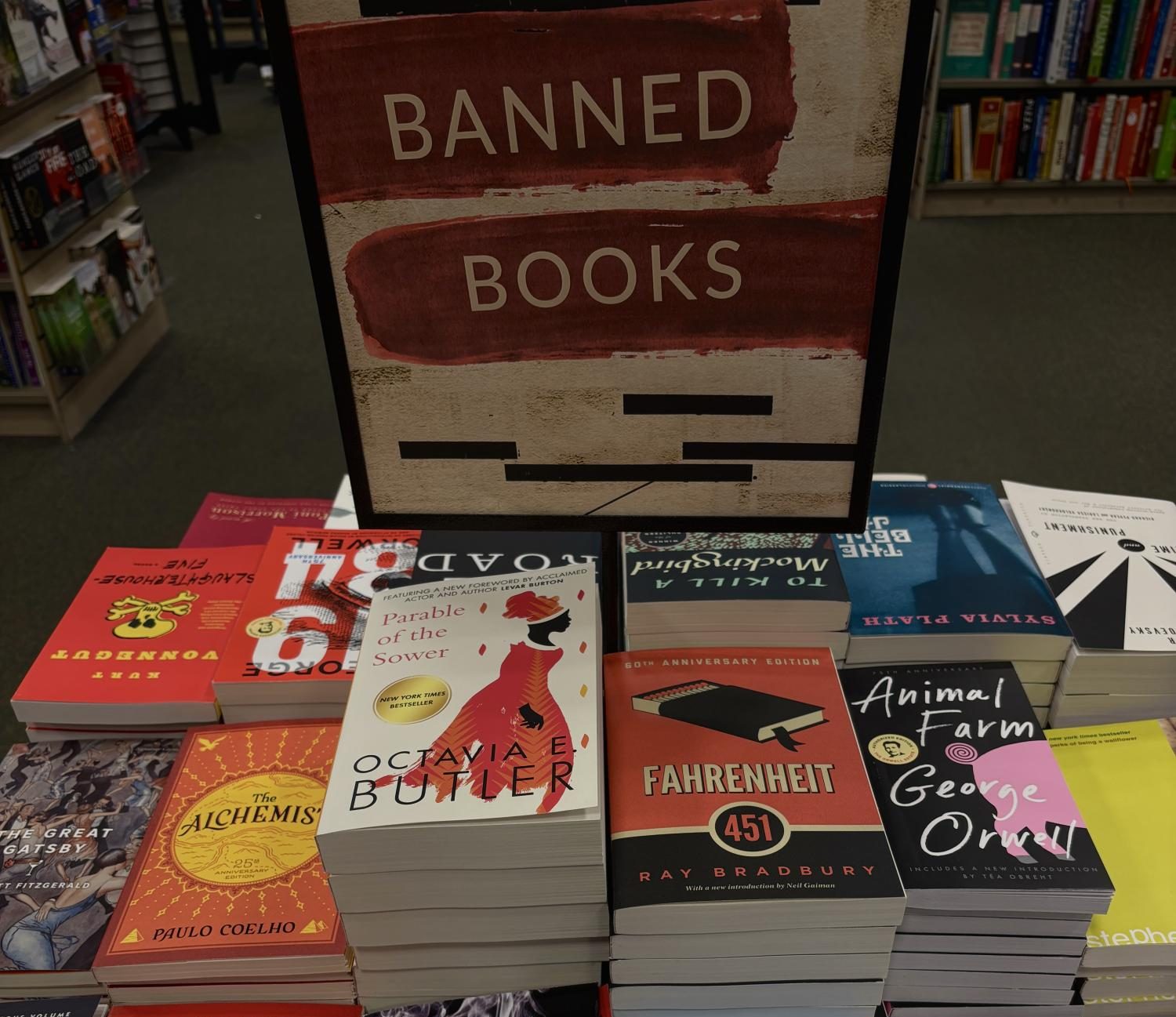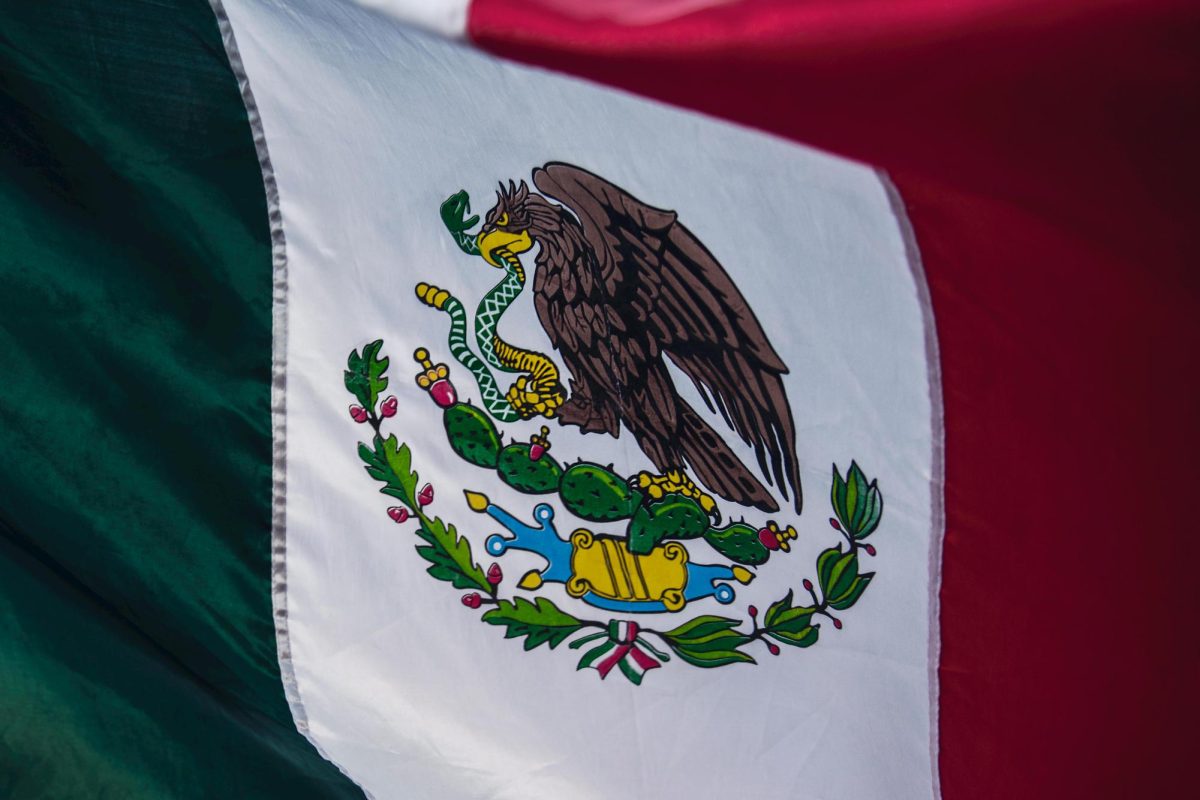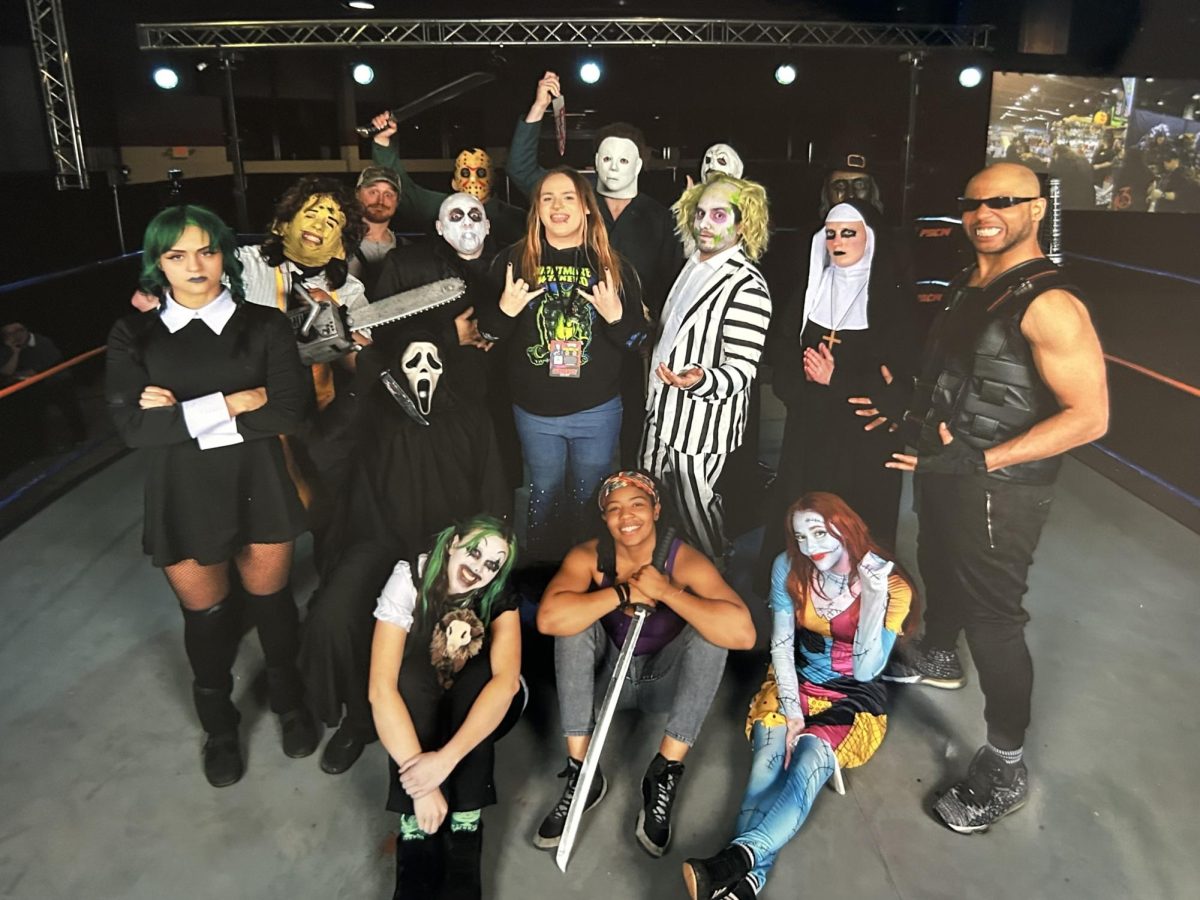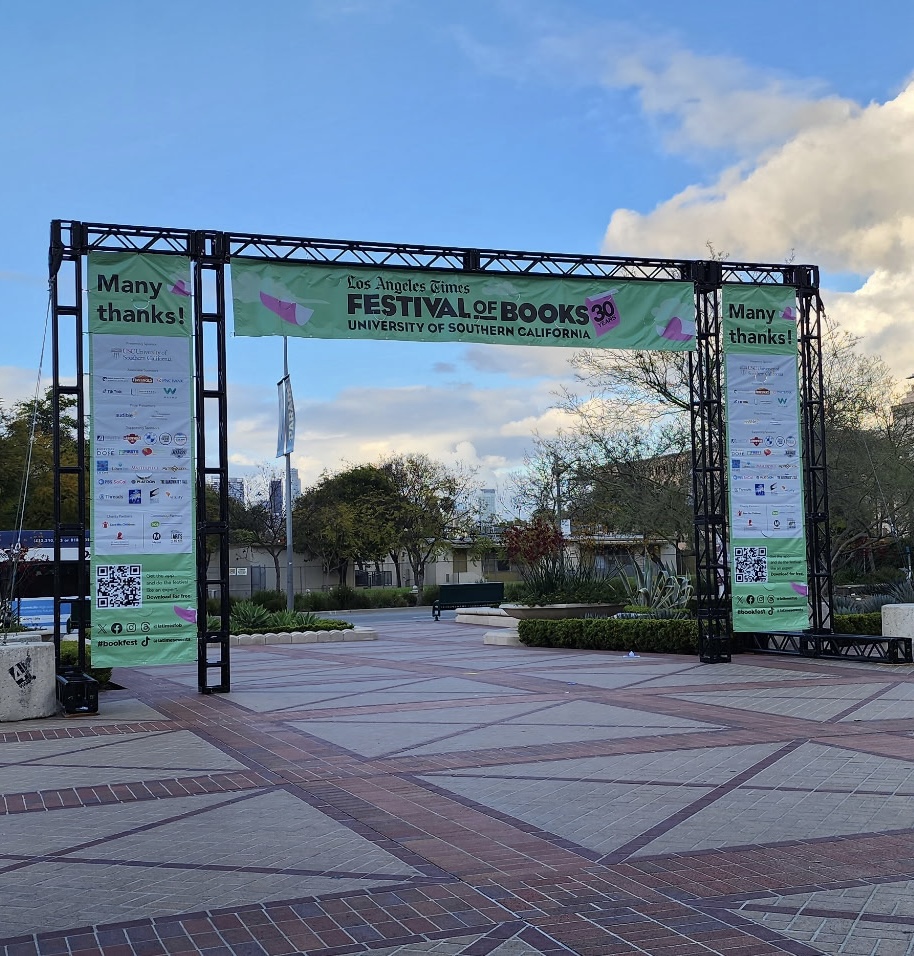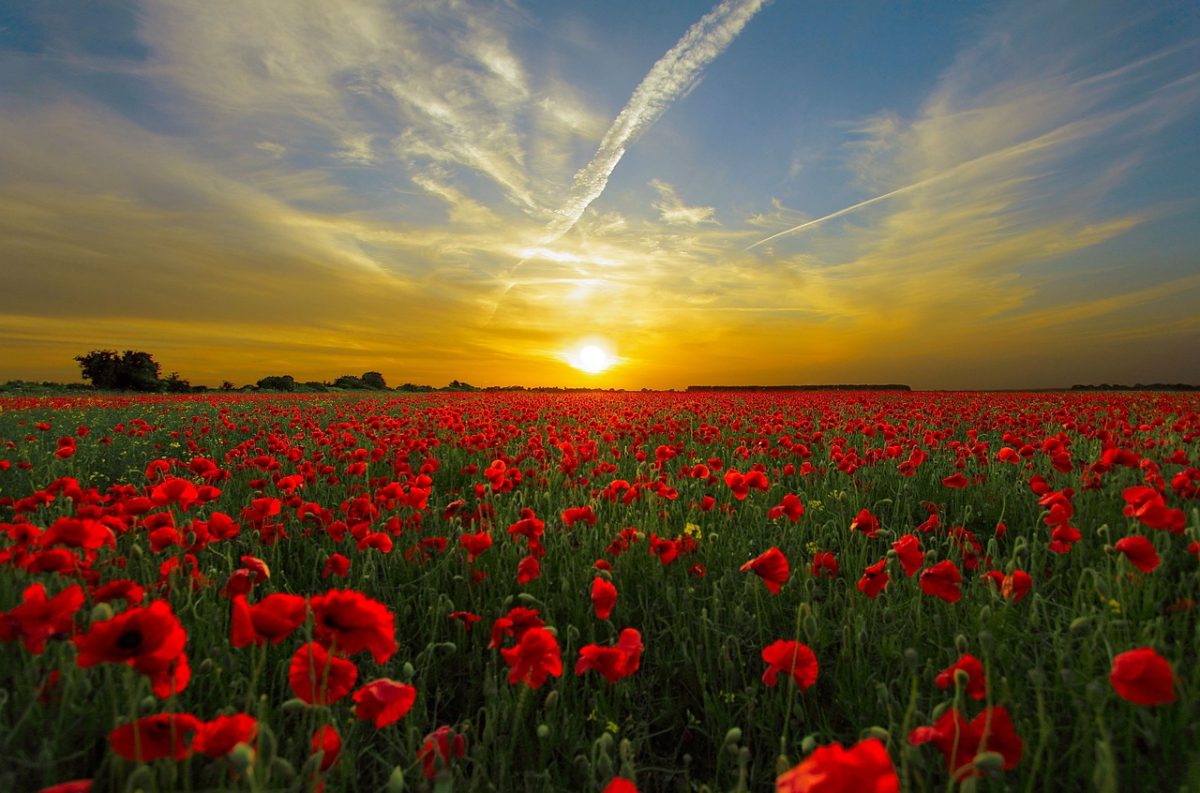Book bans have been controversial across many schools and libraries in recent years. Debates over banning books have continued to escalate over whether certain books are inappropriate for children due to the content and topics discussed in these books. Others see book bans as an attack on free speech and education. The rise of more books being banned is happening in schools and libraries throughout the United States, limiting students ‘ education and limiting the right to freedom of expression.
This censorship targets books with topics of Black, Indigenous, and People of color (BIPOC), LGBTQ+, and controversial historical events. Books with such vital subjects are being removed and restricted in public and school libraries, classrooms, and learning curricula, due to complaints from parents or school boards.
According to The American Library Association, there were 1,247 demands to censor library books and resources in 2023. Book challenges hit a record high in 2024, with more than 4,200 unique titles targeted across schools and libraries. Some books that have been challenged for removal and restricted include The Perks of Being a Wallflower, by Stephen Chbosky, The Handmaid’s Tale, by Margaret Atwood, All Boys Aren’t Blue, by George M Johnson, and The Hate U Give, by Angie Thomas.
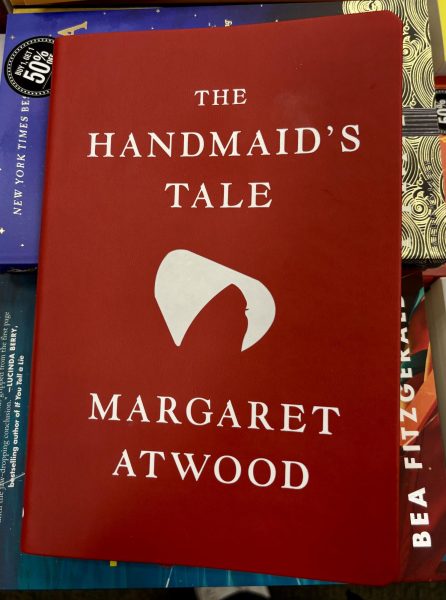
While more books are being challenged and banned, many librarians and educators argue that these bans and restrictions create tension inside classrooms. Teachers become hesitant to introduce diverse materials, making them worry about backlash. Some states have even passed laws requiring pre-approval of reading lists, limiting educators’ flexibility and discouraging honest conversations about history, identity, and culture. For school librarians like MJ at Ronald Reagan Elementary School in Lake Elsinore, book bans have become more than a political talking point—they’re an everyday reality.
“I think book bans limit children to very certain perspectives and information,” MJ said. “Limiting them from certain perspectives of race, gender, or sexuality can harm their ability to think critically and educate themselves.”
As book challenges increase, librarians often find themselves in a difficult position, caught between school administrators, parents, and students.
“Book bans have impacted schools already, causing us as librarians to be caught in the middle of many issues,” MJ said. “We want to continue to provide a wide range of materials for kids to choose from.”
She emphasized that diverse reading options strengthen, not weaken, young minds.
“Critical thinking skills are important in a world full of fake news and fear-mongering,” she said. “Kids and educators need access to books that challenge them to think about what they see or hear outside of school.”
“Book bans will continue to hinder kids and young adults from learning about diverse topics, causing more misinformation to be spread around,” she said. “It teaches them they are not free to learn as they please. It discourages them from reading or even caring to do so when they can’t find things they relate to.”
MJ believes books can help bridge understanding rather than build walls in an increasingly diverse society.
“We should be encouraging everyone to learn about our diversities—not hiding them,” she said.
The First Amendment protects freedom of speech and the right to receive information, but book bans challenge these rights, especially in public institutions like schools and libraries. Many students have also viewed this issue as an attack on their rights to cultural understanding and intellectual freedom, especially during the new presidency. For Nicolle, a former student, the uprising in book bans represents a growing threat to students and access to knowledge.
“My belief is that book bans negatively impact students by limiting what they’re allowed to read and how they educate themselves on topics of their choice,” Nicolle said. “Between 2023 and 2024, PEN America tracked more than 10,000 banned books in public schools—many of them by LGBTQ authors, writers of color or female voices.”
While some advocates of bans say they’re protecting students, Nicolle sees it differently.
“There are people who genuinely think they’re helping kids by regulating content,” she said. “But in reality, we’re oppressing them from exploring materials out of fear of having meaningful, sometimes uncomfortable, but important conversations.”
She also warned that bans could leave students feeling unseen and misrepresented.
“It stifles creativity and makes some students feel alone,” Nicolle said. “Books can be a safe escape, especially when they deal with things kids may not be ready to talk to others about yet.”
The library, she said, should be a safe place, not one where shelves reflect someone else’s agenda.
“It’s important that kids feel libraries are places where they can go when they have questions,” she said. “Sometimes books help them feel seen, understood, or simply give them a space to grow into their own identity.”

This controversial topic will continue to grow, silencing people’s voices and their right to share stories. Knowledge should not be restricted, and it should be broadened.


